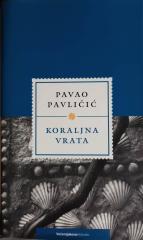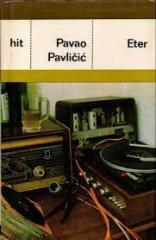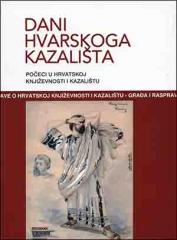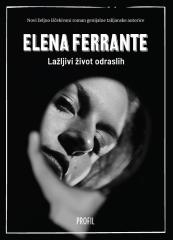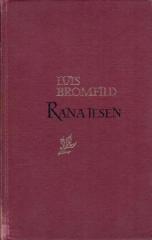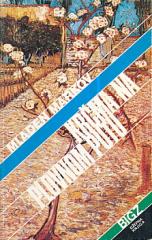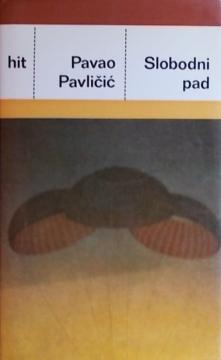
Slobodni pad
Pavličićs Roman behandelt die psychologischen und ethischen Konsequenzen menschlicher Entscheidungen unter extremen Umständen. Es ist nicht nur ein Roman über einen Mann in der Krise, sondern auch eine Studie darüber, wie ein Mensch reagiert, wenn er sein
Die Hauptfigur, der Universitätsprofessor Viktor, gerät in einen Autounfall und aus dieser Situation heraus beginnt eine Reihe ungewöhnlicher Ereignisse, die ihn zwingen, sein eigenes Leben, seine Identität und sein Wertesystem zu überdenken. Seine Alltagswelt verwandelt sich nach und nach in ein Labyrinth, in dem die Grenzen zwischen dem Realen und dem Scheinbaren verschwinden.
Der Roman beginnt realistisch, entwickelt sich aber bald zu einem Psychothriller mit starken philosophischen Ebenen. Nach dem Unfall hat Viktor das Gefühl, die Kontrolle zu verlieren – als befände er sich im freien Fall. Er begegnet Menschen, die ihn anders behandeln als zuvor und es wird immer deutlicher, dass sein Umfeld beginnt, ihn auf eine Weise wahrzunehmen, die ihm fremd ist. Diese Veränderung seiner Weltwahrnehmung führt dazu, dass er seine früheren Handlungen, seine persönlichen Schwächen und seine soziale Rolle hinterfragt.
In diesem Roman behandelt Pavličić Themen wie Schuld, Verantwortung, Identität und persönliche Wahrheit. Der Autor verwendet Elemente der Spannung, aber auch der intellektuellen Selbstbeobachtung und kombiniert eine interessante Handlung mit vielschichtigen Gedanken. Die Sprache ist klar und präzise und die Erzählung linear, wenn auch unterbrochen von Reflexionen und inneren Monologen.
Jedan primjerak je u ponudi
